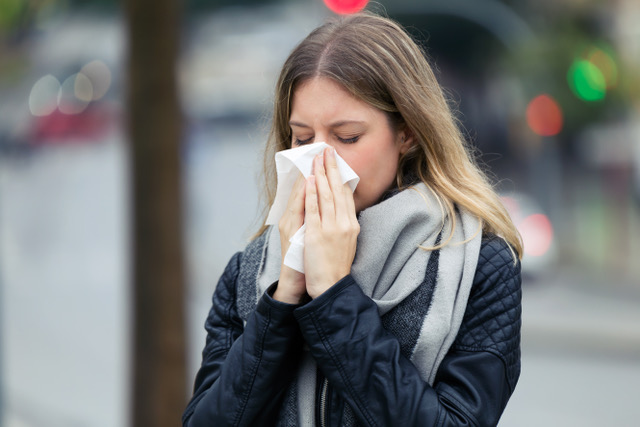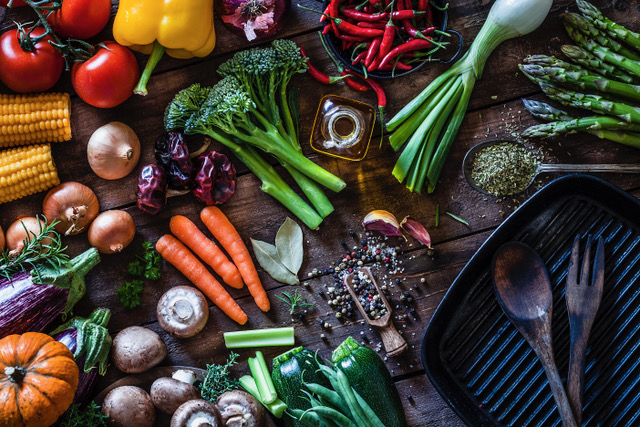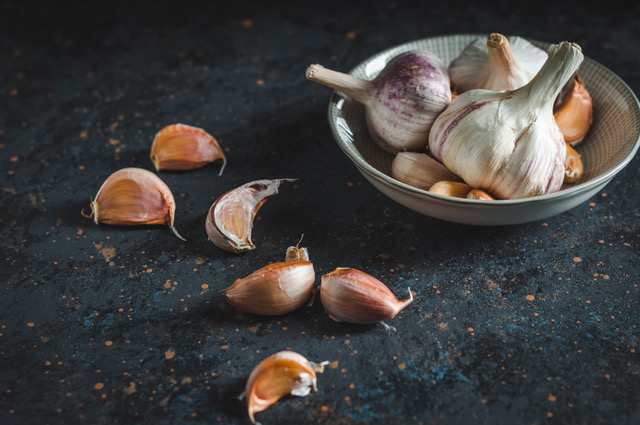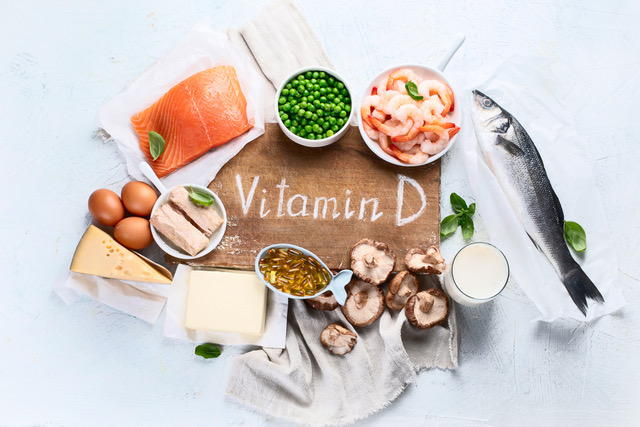Most of us pay more attention to the state of our immune system during the cooler months of the year. After all, this is when coughs and colds seem to be at their peak. A healthy immune system reduces our chances of succumbing to flu and other debilitating viral infections. As the coronavirus continues to spread, protecting ourselves has seldom seemed so important. According to the Department of Health & Social Care, coronavirus can cause more severe symptoms in people with weakened immune systems. So, it makes perfect sense to shore up our bodies’ defences, however we can, via a range of immune system boosters.

Prevention = protection
I am a firm believer in prevention being better than cure. While it’s not strictly an immune system booster, basic good hygiene can literally be a lifesaver. Frequent, thorough hand washing helps to keep us all healthy. Best of all, it’s free and easy, too! But make sure you don’t skimp on the soap. For hand washing to be effective, lather up generously under hot running water. Scrub the fronts and backs of your hands – and don’t forget to wash between your fingers. When I’m out and about I always carry an alcohol-based hand sanitiser, for when access to soap and water is limited. And I try very hard to keep my hands away from my mouth, nose and eyes. Apparently, this is one of most common ways that germs enter the body.
Top tip: Catch it, Bin it, Kill it: Always use a tissue to ‘catch’ your coughs and sneezes. Then dispose of that tissue promptly (germs can live on it for several hours – yuk). Next, wash your hands as soon as possible. Your own (and other people’s!) can transfer germs to every surface they touch.

Eat yourself well
There’s plenty of research to suggest that consuming certain foods may help to boost your immune system. Eating lots of vitamins, minerals and antioxidants can be a great way to increase your natural resistance to infection. Where possible, prioritise proper nutrition over empty calories. The latter adds pounds, and it’s definitely easier for your immune system to function effectively if you’re not overweight. Vegetables, fruits, seeds and nuts are packed full of nutrients, and it’s thought that consuming a wide selection daily boosts immunity. But beware of so-called “superfoods” – that’s primarily a made-up marketing term. Make sure your diet includes lots of citrus fruits, dark green leafy vegetables, berries, mushrooms, legumes, fibre and lean protein. Where possible, incorporate plenty of ginger and garlic too. Ginger is warming, packed full of antioxidants, and may help decrease harmful inflammation. Garlic isn’t just a powerhouse of flavour. It contains the compound allicin, which may help to lower blood pressure and cholesterol.

In terms of immune system boosters, what you don’t eat is just as important as what you do. So stay away from too much processed sweet stuff. Excess refined sugar is bad for your body’s immune system, because it curbs the cells that fight infection.
Top tip: Eat the rainbow! Consume a variety of colourful fruit and vegetables, and cut down on sugary drinks and snacks.

Vitamin vitality
There is a lot of conflicting advice out there about vitamin supplements and whether they really are immune system boosters. I’m no medical expert, but I think if you are undernourished, or have an underlying health condition, they may be helpful.
Vitamin C is the go-to supplement many people turn to if they’re suffering from a cold. And it’s easy to understand why. Vitamin C helps to protect cells and help them healthy, and it can promote wound healing. But those of us “blessed” by the British climate should probably focus on Vitamin D instead.
Vitamin D is thought to “trigger” or arm the immune system. Correspondingly, certain research suggests that people with a vitamin D deficiency are more susceptible to infection. But it’s difficult to get enough vitamin D from food alone. And in the UK, between October and early March, we don’t get enough Vitamin D from sunlight. That’s why the Department for Health recommends that everyone should consider taking a daily Vitamin D supplement during the autumn and winter. If you aren’t outdoors often – or always cover up – the official advice is to consider a 10microgram supplement all year round.
Top tip: Where vitamin supplements are concerned, do your research. But definitely give serious thought to some extra Vitamin D during the dark winter months.

Stress less
It’s official: when you’re chronically stressed, your immune system becomes compromised. This means you become more susceptible to infection – especially viral illnesses like colds and flu. So making an effort to stress less, and relax more, is a proven immune system booster. But there’s no denying that modern life is intrinsically stressful. And ironically, worrying about becoming ill actually increases the likelihood of it happening!
Popular stress-busting strategies include meditation, mindfulness and, importantly, exercise. As you know, I am a huge fan of Pilates. My weekly classes don’t just keep me physically fit and flexible, they provide valuable mental “me-time” too. But your immune system might prefer yoga, running, boxing, tennis, golf, gardening or swimming. Experiment until you find something that helps you feel calmer and better able to cope with life’s inevitable crises. And once you’ve found it, prioritise it!
Top tip: If your lifestyle is making you chronically stressed, change your lifestyle. Exercise – even fast walking – helps boost your immune system. Try also meditation, visualisation or deep breathing exercises to help keep your stress in check.

Get sufficient sleep
Lot of studies confirm the link the between sleep and a healthy immune system. So if yours needs a boost, get yourself to bed! Most people need between seven to nine hours’ sleep in order to feel adequately rested and to function optimally. Short-term sleep deprivation will leave you feeling exhausted, and at risk from colds, flu and other infections. Long-term sleep deprivation can lead to many other more serious health issues, including diabetes, obesity and heart disease.
If you’re struggling with insomnia, a regular bedtime schedule can help to re-programme your brain and internal body clock. Make sure you take enough time to wind down properly before tucking yourself up. Try a warm bath, a good book, or some relaxing music. A cool, dark, quiet, tech-free bedroom is a must. And cut down on the caffeine – try a warm, milky drink or a herbal tea instead.





